As the populist-conservative movement continues to grow and expand in the Age of President Trump, a new generation of energized voters and young people will do well to arm themselves with the intellectual firepower of the giants upon whose shoulders today’s movement rests.
Here, then, are seven conservative classics that should be on every American’s bookshelf:
1. Ideas Have Consequences by Richard Weaver
Originally published in 1948, Ideas Have Consequences foresaw the corrosive influences of moral and cultural relativism decades before the Left harnessed those forces to undermine Western civilization. One of America’s greatest conservative intellectuals and an esteemed twentieth-century rhetorical scholar, Richard Weaver erected an intellectual fortress around Absolute Truth long before progressives mounted their frontal assault on notions of right versus wrong, good versus evil.
2. The Road to Serfdom by F.A. Hayek
In the age of Bernie Sanders, today’s young generation of would-be socialists would do well to read Friedrich Hayek’s 1944 classic broadside against socialism, The Road to Serfdom. A member of the Austrian School of economics and a winner of the Nobel Prize in economics, Hayek warned of the totalitarian realities of socialism’s conceits. As he put it elsewhere: “A claim for equality of material position can be met only by a government with totalitarian powers.”
3. The Closing of the American Mind by Allan Bloom
Long before anti-MILO rioters sparked violence at UC Berkeley, a University of Chicago professor named Allan Bloom lit academia ablaze with this 1987 classic taking the professoriate to task for eroding higher education curriculum with progressive pablum. A staunch defender of the classical “canon” of great works every thinking person must read, Bloom explained how the intellectual corruption of the humanities and arts led to an erasure of students’ understanding of the proper moral order that undergirds Western Civilization.
4. A Choice Not an Echo by Phyllis Schlafly
The late great matriarch of modern conservatism, Phyllis Schlafly, did more to advance and win the battle of ideas than many young conservatives understand. The tip of her intellectual spear, A Choice Not an Echo, reshaped the contours of American conservatism and has sold an astounding three million copies since its release over a half-century ago. The original anti-establishment crusader, Schlafly’s book argued that conservatives must be willing to fight for a voice within the Republican Party’s establishment leadership and helped pave a path for Barry Goldwater’s nomination.
5. Capitalism and Freedom by Milton Friedman
Nobel Prize-winning economist Milton Friedman redefined the field of economics. In addition to being an intellectual titan, he was a sterling writer with a knack for distilling complex topics with wit and clarity. Any Nobel Prize winner who can string together a sentence like this deserves to be read: “If you put the federal government in charge of the Sahara Desert, in 5 years there’d be a shortage of sand.”
6. A Conflict of Visions by Thomas Sowell
There are no “bad” Thomas Sowell books, so we could have easily recommended many of his other classics. But A Conflict of Visions crystalizes the stakes involved in the clash between conservative and progressive ideologies—and how radically different outcomes are when one side prevails over the other. One of America’s most lucid conservative economists, Sowell’s book draws upon everything from Rousseau to Hobbes to Adam Smith to illustrate the intellectual impulses that drive conservatives and progressives to think and act the way they do.
7. Gulag Archipelago by Aleksandr Solzhenitsyn
Hailed as one of the greatest nonfiction books of the twentieth century, Gulag Archipelago is the first-person account of Soviet dissident Aleksandr Solzhenitsyn’s eight years spent as a prisoner inside the Russian gulags for criticizing Stalin and the Soviet Communist system in his private letters. A winner of the Nobel Prize in literature, Solzhenitsyn’s ability to combine lyrical prose with piercing reportage of communism’s moral horrors are virtually without equal.
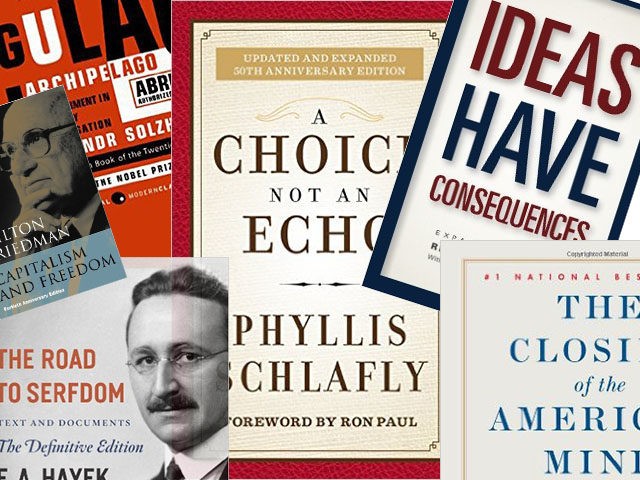
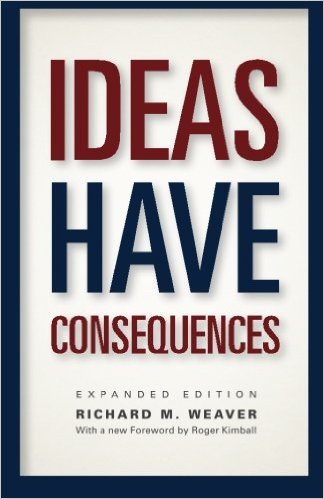
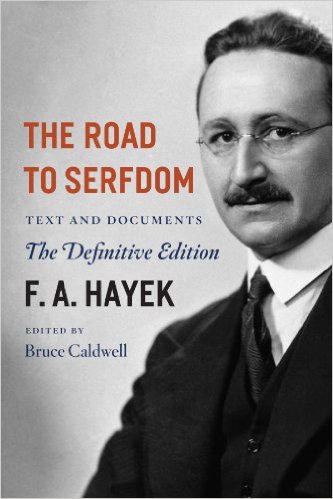
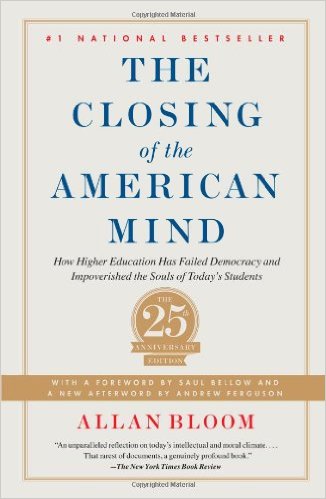
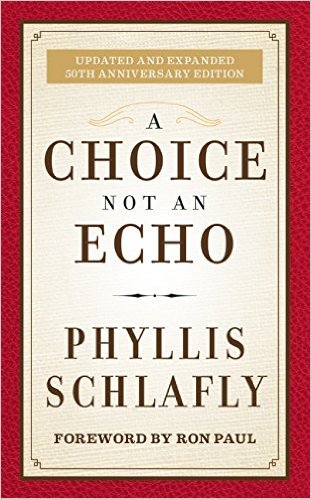
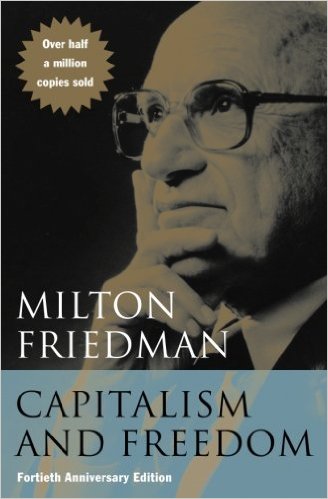
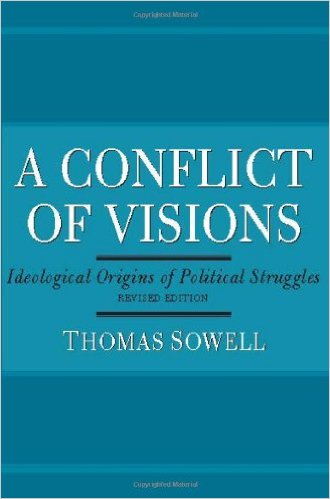
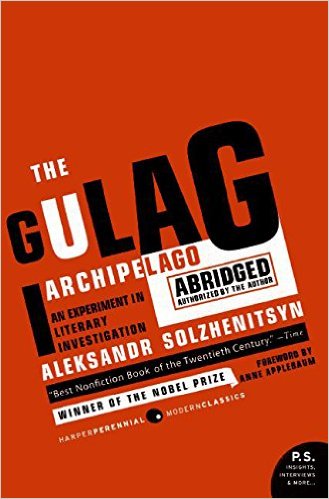
COMMENTS
Please let us know if you're having issues with commenting.